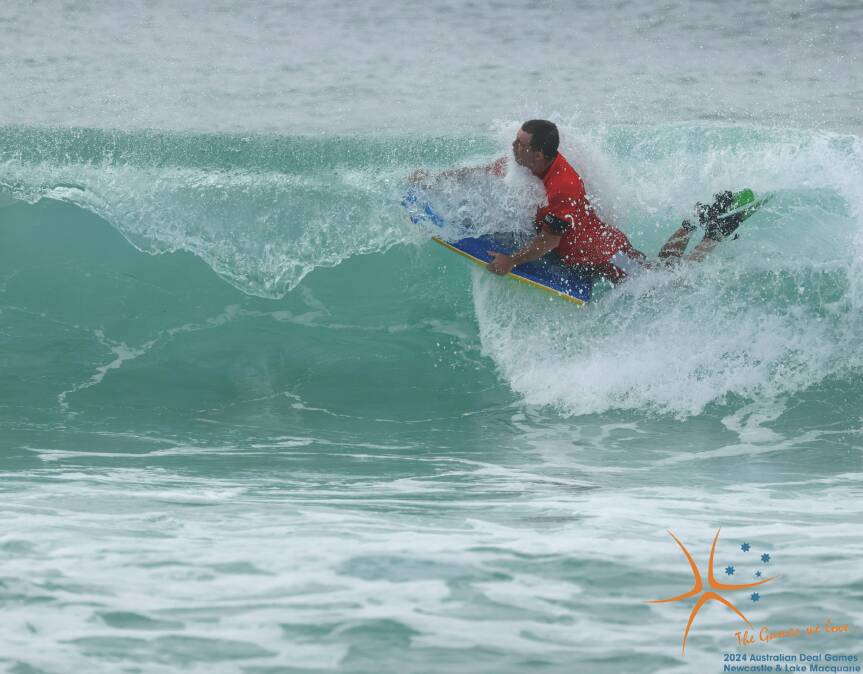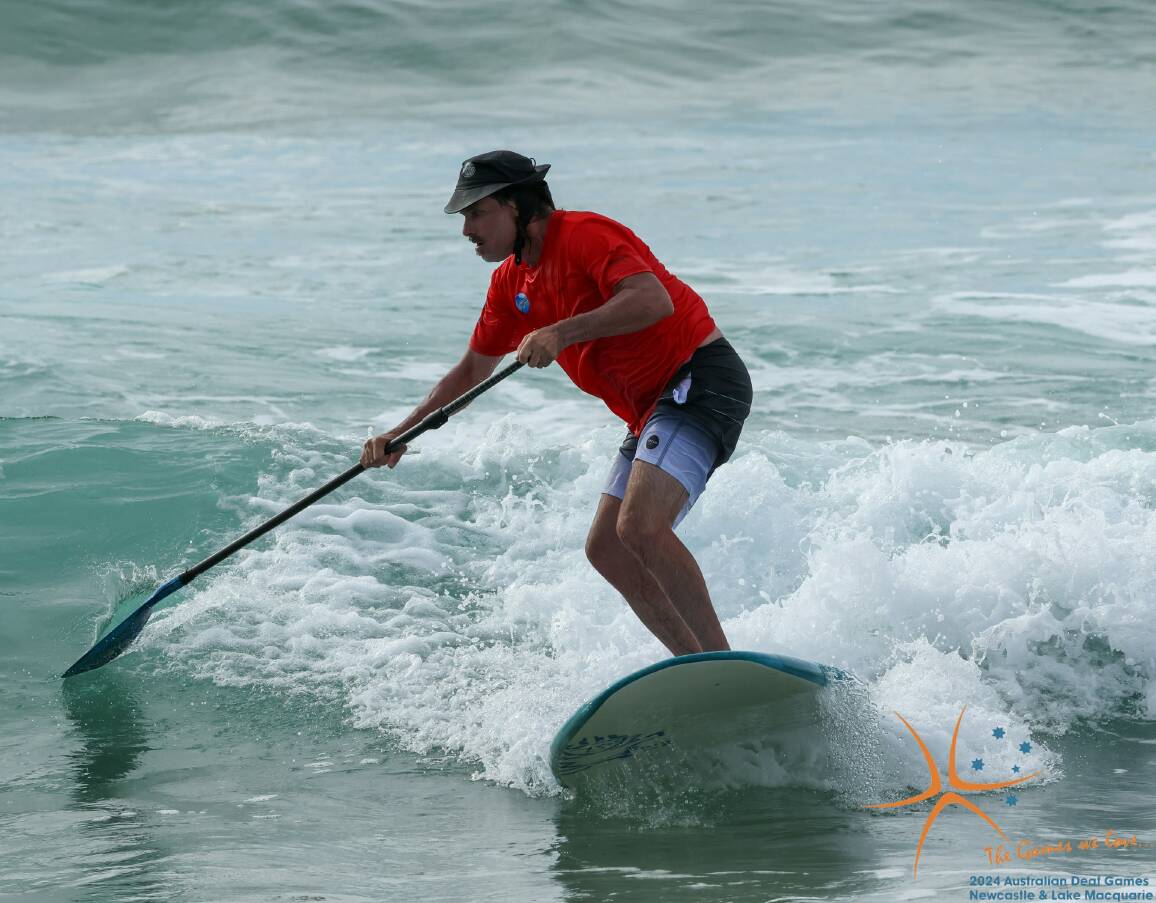
The Australian Deaf Games concluded the weekend after a week of competition. Newcastle and Lake Macquarie hosted the biennial athletic competition that feeds into the global Deaflympics, the next of which will be hosted in Tokyo in 2025.
The cities hosted 15 sporting codes throughout the week, ranging from athletics to chess, darts to beach volleyball, and six demonstration codes, including a park run, sailing and surfing.
NEX on King Street hosted the opening ceremony on Saturday, January 13, and closed on Saturday evening, January 20, which coincided with the annual Lake Mac Festival and a dazzling fireworks display launched from four locations around the lake from 9pm.
Lake Macquarie mayor Kay Fraser said the festival is an opportunity to celebrate inclusivity.









"It's an honour for our city to be co-hosting the Deaf Games, and to have the Lake Mac Festival run as well will ensure all communities are celebrated - and that's what we're all about," she said.
As the results were tabulated at the weekend, NSW featured prominently on several podiums as Josh Sealy defeated fellow statesman Dige Steimel in straight sets in the tennis, 6-1, 6-3. Linda Goldsworthy claimed first in the women's singles table tennis, and NSW defeated Victoria 45-43 in the five-on-five basketball.

The home state bowed to Fiji in the Rugby 7s and was ultimately pipped by code favourite South Australia in the beach volleyball on Nobbys on Wednesday.
Tony Raynor, the beach volleyball conveyor and the man responsible for introducing the code to the Games in 2012, had tipped the South Australians as hot contenders in the final at the beginning of the competition last weekend.
"This is the first time that we have been able to get together since COVID," he told the Newcastle Herald, "At the start of October, there was no team. But if you want to play in the Deaflympics, you must be in Newcastle.

"We have two guys from South Australia here that play a very high level of volleyball, but if they don't come here, they won't get in. And they're very, very good."
The games were billed to include more than 1000 competitions in the first Australian Deaf Games since pandemic-imposed restrictions. Deaf Sports Australia, which convenes the games, shifted to a biennial schedule in 2021 in place of the former four-year calendar. The event is one of the oldest ongoing deaf sporting events in the world, with roots dating to 1895 when the Victorian Deaf cricket team travelled to South Australia for a friendly match.
The first Deaf Sports Carnivals were held as early as 1911 and continued regularly until the games in their current format began in Sydney in 1964.







